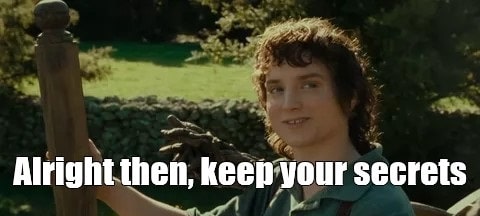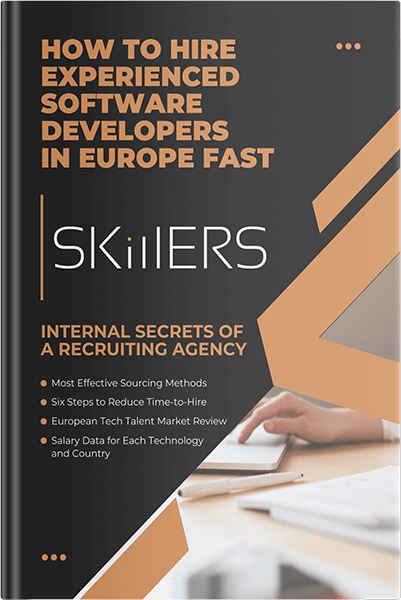Message has been successfully sent!
Executive search – boring, but fun
- 30.04.2020
- 1337

Last week, I have successfully finished an executive level vacancy, which I can’t talk about, for a company that I can’t talk about either (LOL).
Everything was done in a top-secret mode, and I disclosed the name of the company only to those candidates who were really interested, which is actually less than 2 percent of the total number of those whom we reviewed together with researcher Anya and founder Julia.
To those who understand what this is about - thank you very much for your time, and patience. I rely on your professional courtesy and ask you not to disclose any details of our conversations in the future and for the time being.

Later, I will probably summarize detailed statistics for this particular assignment, but for now its a professional secret. Meanwhile I still had some inspiration to write this sneak peak short note as part one of the story.
In fact, I want to share my personal conclusions regarding things that helped and worked out for me:
- Critical thinking and a high level of quality selection among the even the best candidates;
- Efficiency difference between online and offline interviews is tiny, even for this level of vacancy;
- Selection criterias must be standardized no matter what;
- I emphasize the importance of detailed client feedbacks after interviewing candidates (I always did and I always will);
- Detailed feedback allows the IT recruiter to perform changes to the strategy and even review the selection process to make it better and efficient.
- As an example, I added a small test task that I created myself, just after few company’s feedbacks, paying attention to their main criterias I came up with small task, which had certainly improved my quality during matching candidates with the job role itself, both for me and for the client.
- Maintaining a separate list and involving a researcher / sourcer to mapping process for each company separately in order to be able to keep track of candidates, their strengths and weaknesses.
- Conduct transparent reporting to a client.
- Conduct calls and reporting every two weeks, maintaining a joint access google sheet with basic information about the candidates (longlist / shortlist).
- Last but probably the best – ask for references while offering a generous reward, because you never know where the right candidate will come from.
We have closed the vacancy precisely on the recommendation by another candidate, who was also recommended by another partner)) A sort of recruiting food chain.

Of course, I found this person later myself, because the search was quite deep, but there is one important thing: later it is not always on time.
That's about it.
Comment, share your thoughts and stories, what helped you during recruitment for difficult vacancies?

How to Hire Experienced Software Developers in Europe
Internal Secrets of a Recruiting Agency
- Most Effective Sourcing Methods
- 6 Steps to Reduce Time-to-Hire
- European Tech Talent Market Review
- Salary Data for Each Technology and Country
- Access to our Private Mailing List
